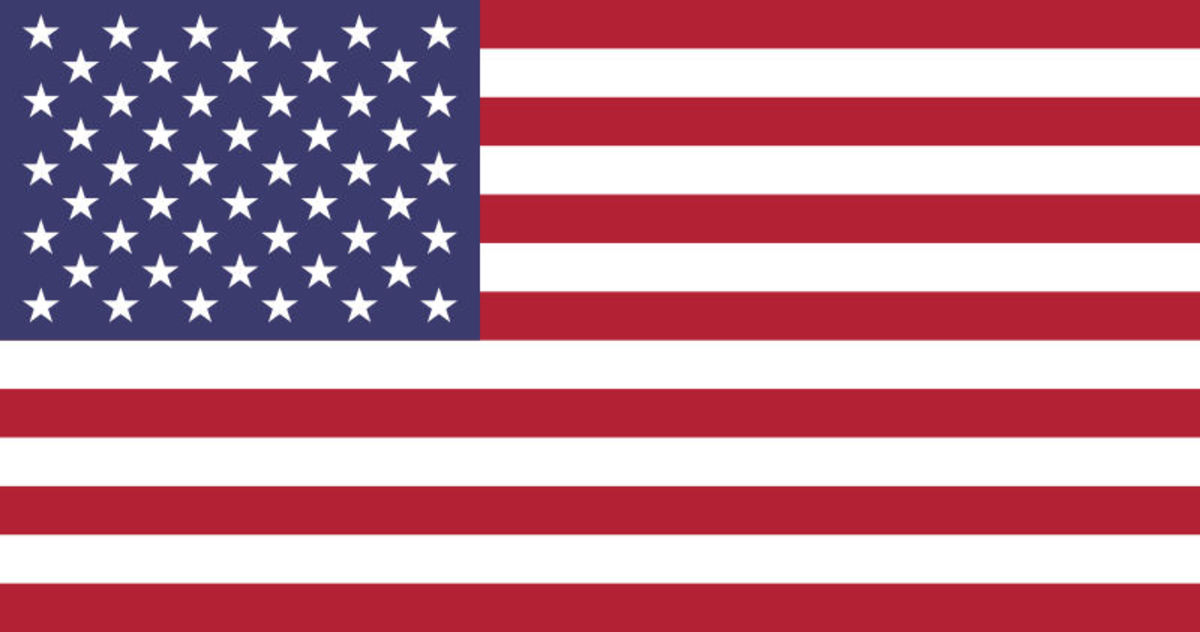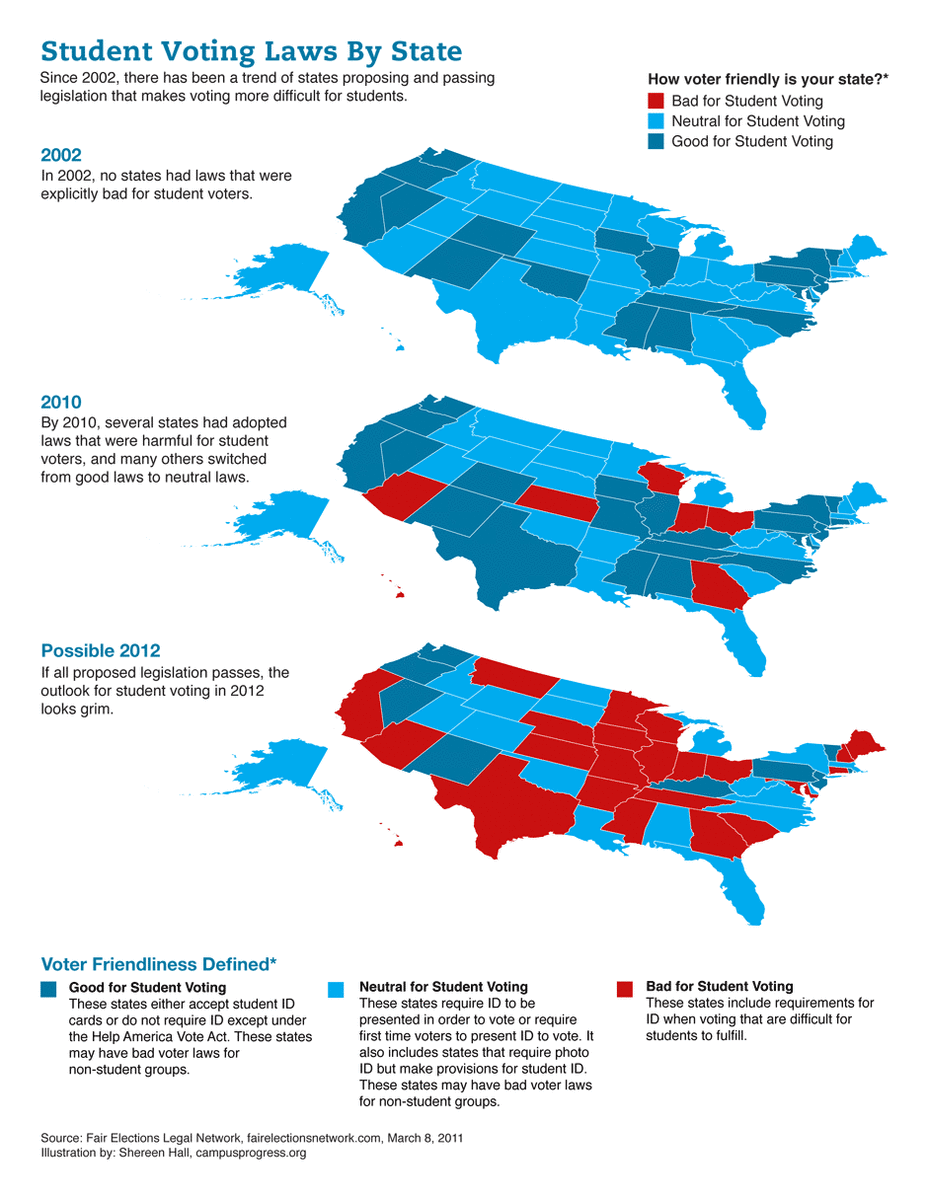Vice Taxes: A Legitimate Means of Generating Revenue or a Curtailing of Freedoms?
A tanning tax? Are you kidding?
After July 1st 2010, the cost of tanning will include a 10% federal tax included in the health care reform bill. This idea is a variant of vice taxes, which have assessed a surcharge for decades on alcohol, tobacco products and gambling. Taxes on tobacco products generate $15 billion in federal revenue annually, while alcohol taxes add nearly another $10 billion to federal coffers. Meanwhile, gambling taxes contribute more than $5 billion to state revenues. Vice taxes are levied on items considered to be immoral luxuries and their purpose is twofold: to discourage activities and/or the use of products deemed detrimental to the public, and to use the tax money in ways that benefit society. Occasionally the use of the money will be in stark contrast to its source, such as applying a tax on tobacco products to support cancer research.
Tanning salon owners nationwide are understandably nervous. The new tax will take money and customers away from this multi-billion dollar industry, and businesses owners are encouraging patrons to sign anti-tax petitions or write their congressman. Because tanning salon customers tend to be college-age men and women, some have labeled the tax as discriminatory and targeting a specific demographic. Tanning is not restricted to a specific group, however, and most regard the tax as similar to vice taxes.
Tanning salons are the proverbial tip of the iceberg. Vice taxes are continually growing broader in scope and more inclusive. Discussions have centered around a “fat tax” on fast foods or unhealthy snacks. Rumor has it this tax might even extend to soft drinks. If you like a Coca-Cola with your Big Mac and super-sized French fries, indulging a taste for fast food could not only pack extra inches on your waistline, but simultaneously make your wallet considerably lighter (free refills would probably become a thing of the past, also).
Here a vice, there a vice.....




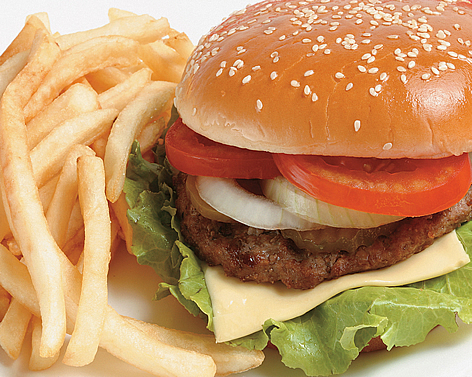
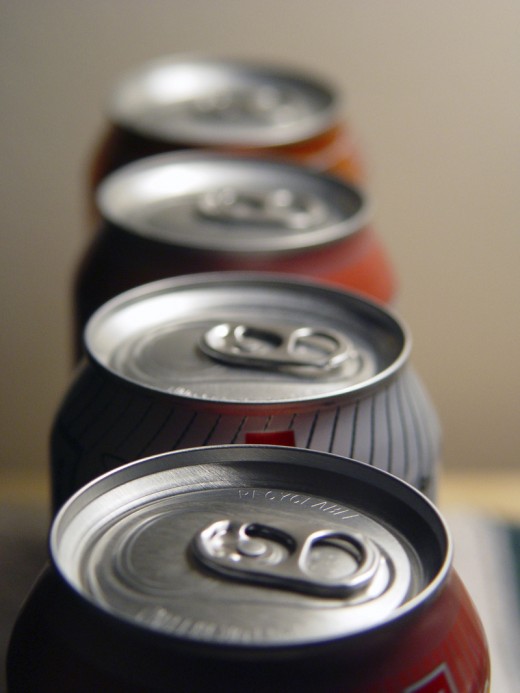

What's next?
The need to generate state and federal revenue will always exist—government and the services it provides is not cheap. What will be next? What will prevent any activity we indulge in from being presented in a negative light and summarily taxed? Might we soon see a DVD rental or purchase surcharge, justified by the conclusion that watching movies promotes a sedentary lifestyle? Will someone publicly denounce an attractive appearance as narcissism and propose a vanity tax on hair spray, shaving cream or toothpaste? Could a “narcissism law” encompass a fashion tax placed on the sale of jewelry, hats or belts? Perhaps we will find ourselves taxed for reading a book or newspaper if online reading is deemed more environmentally friendly.
If the government can adapt our behavior through taxation, what will happen if our actions are modified to the extent that a new strategy is required? If taxation makes our vices unaffordable, would the next step be to tax good habits? Will positively reinforced behavior become a future target? When we’ve given up sodas because we can’t afford them, will the government move on to taxing juice and water? If we abandon French fries, will a fruit plate double in price?
Perhaps positive behavior will not fall prey to excessive taxation. Vice taxes is an easier sell to the public—justifiable because they suggest a moral high road. The cumulative effect on personal choice ends up crippling, however, and some view vice taxes as a way to curtail individual freedoms. They are perceived as attempts by the government to regulate behavior. The argument suggests that if an activity is legal, there should not be monetary punishments for its indulgence. The legal system alone must define what activities should be curtailed due to their harmful effects on individuals or society. It is easy to view taxation as punishment, but this rationale seems overly simplistic and ignores “non-vice” taxes. If vice taxes can be seen as punishment, why not view sales tax in the same way?
Others argue that vice taxes affect poorer sections of the population more than the rich ones. It is suggested that those less well off are more apt to smoke, drink or gamble. Studies might link vices to the less affluent, but there are statistically more poor and middle class people than wealthy ones, and naturally the numbers will suggest it is a working class problem. I am inclined to believe that no social class is immune to temptation. Wealthier citizens might drink champagne instead of Bud Lite, but they are not inherently less inclined to imbibe.
It is difficult to view the levy of vice taxes as a financial solution to anything. A comparison can be made between vice taxes and the airline industry’s decisions to create a separate charge for any service offered during the course of a flight. They might get a few extra dollars out of charging for the use of a pillow—or they might have a storage bin filled with unused pillows. The money earned from their pillow rental will not help the airlines in any meaningful way because their problems are far deeper and more complex. It is a band-aid placed on a deep wound. It is also true that vice taxes will not substitute for the tax revenue generated by a healthy economy with low unemployment. What will result when this is acknowledged and the government decides a 10% tax on tanning isn’t enough? Could we eventually pay double or triple the price of the products or services we are purchasing, just in taxes? Where will it end? Your tan, cigarette or glass of wine might help repair potholes on Interstate 70, provide money for schools or contribute funds for cancer research. When they run out of vices to tax and there are more schools to build and roads to repair…what then?
Variation on a theme
It was recently reported that some employers in Kansas are requiring workers who use tobacco to pay higher premiums in an effort to lower health care costs, and lying about smoking could cost employees their jobs. Employers in a midwestern Kansas Health Center imposed a $35 "tobacco-user surcharge" to employees who smoke or have a spouse or dependents who smoke. As with vice taxes, this practice leads to questions about how far employers will go to dictate worker's health habits. While the practice is defended as a means to help people make healthier choices, it is seen by many as punitive.
What's your opinion?
What do you believe? Do you see the taxing of vices as a constructive means to generate federal revenue? Is it a type of luxury tax, imposed on products and services we desire but don’t need? Is it morally acceptable to impose this tax, realizing that the goods taxed are not essential?
Or, do vice taxes represent an improper attempt by the federal government to adjust our behavior? Is this taxation a form of punishment for lifestyle choices that are perfectly legal in the United States? Is it repressive and unfairly aimed at lower-income citizens?
Vote in the poll below and let us know what you think, but don’t expect vice taxes, fat or tanning taxes to go away anytime soon. There’s too much money at stake for the government not to embrace this method of generating revenue. It will be up to the people to decide whether French fries from the dollar value menu will still be worth it if it’s taxed another dollar.
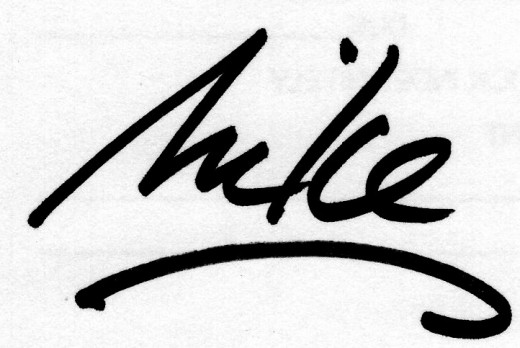
Vice taxes: the poll
What do you think of vice taxes?
Read more hubs about social issues
- Are Men Oppressed?
What is oppression? Oppression is defined as the exercise of authority or power in a cruel, unjust or burdensome manner. It is an abuse of power typically manifested by categorizing and dividing... - Teen Runaways--A Dangerous and Tragic Problem
A frightening problem in American society today involves runaways. One in seven teenagers between the ages of 10 and 18 will run away from home this year, and it has been estimated that between one and three... - Homeless Shelters: The Pertinent Issues
My hometown is known for the quaint, eclectic shops that line the five blocks of its downtown business district. Fine dining, new and consignment clothing stores, antique malls, art and crafts...




